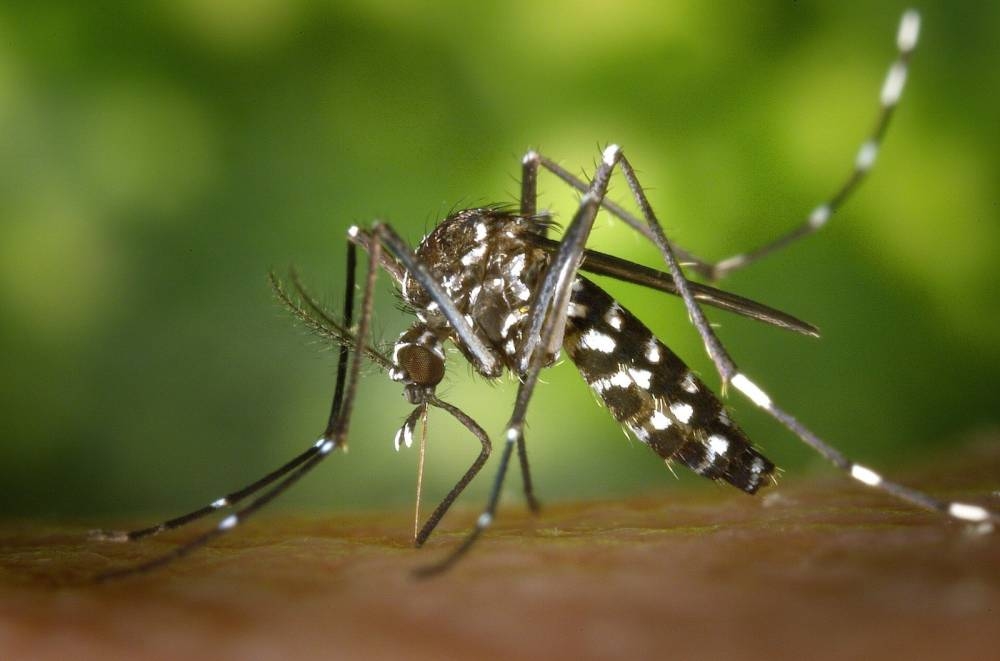
Italy has recorded the first indigenous case of dengue fever for 2024 in a patient who had not travelled abroad, Italian health authorities said Thursday.
"The person who tested positive for dengue fever is in good clinical condition," announced the provincial health authority of Brescia, in Italy's north, in a statement.
The zones where the patient lived and worked have begun mosquito control measures, including setting mosquito traps, said the agency.
The head of the epidemiology department at Genoa's San Martino Hospital, Matteo Bassetti, questioned whether it was indeed the first indigenous case of the year, or rather the first recognised one.
"By now, Dengue is an infection to be taken clinically suspected, even outside endemic areas, when there are suspicious symptoms," Bassetti wrote on X.
Dengue is a viral disease that causes a high fever that can, in rare cases, progress to a more serious form that causes severe bleeding.
Deaths are very rare.
An indigenous case means that the person has not recently travelled to regions of the world where this virus, transmitted from one person to another by tiger mosquitoes (Aedes albopictus), is widely circulating.
The presence of those mosquitoes have been increasing in several southern European countries, including Italy, France and Spain.
The World Health Organization has said the rise has been partly fuelled by climate change and weather phenomena, in which heavy rains, humidity and higher temperatures favour the mosquitoes' reproduction and transmission of the virus.
In 2023, Italy had recorded more than 80 indigenous cases, and France about fifty, according to the WHO.
Cases in which the person is infected abroad number in the hundreds.
